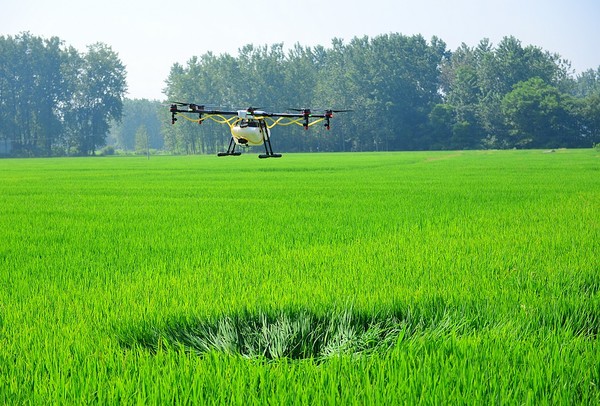For a period of time, several major grain producing provinces such as Heilongjiang, Jilin, and Liaoning have actively promoted the organic connection between small farmers and modern agricultural development. The large number of small farmers is the basic agricultural situation in China. At present, it is necessary to promote and apply agricultural technology achievements to millions of households, and help small farmers embark on the path of modern agricultural development.
The third national agricultural census data shows that the number of small farmers in China accounts for over 98% of the agricultural business entities, with 90% of the agricultural workers working for small farmers and 70% of the total cultivated land area operated by small farmers. At present and for a long time to come, small-scale household management will be the main mode of agricultural management in China. Introducing modern production factors such as agricultural technology to transform traditional small farmers into modern small farmers and enhance their ability to develop modern agriculture is an important part of accelerating the process of agricultural modernization.
However, small farmers face difficulties in obtaining and applying agricultural technology. It is necessary to promote the deep integration of agricultural technology and socialized services, build a bridge between agricultural technology suppliers and small farmers, and provide high-quality, accessible, and easily applicable agricultural technology services to small farmers, so that they can organically connect with modern agricultural development.
For a long time, China’s agricultural technology socialization service system has been dominated by public welfare service institutions such as agricultural technology promotion institutions. Although public welfare service institutions can provide basic agricultural technology services to small farmers, the services provided by public welfare service institutions are relatively single, mainly concentrated in the production process, covering pre production, mid production, post production, and comprehensive services that meet the needs of integrated development of the primary, secondary, and tertiary industries are insufficient. In the face of the increasingly diverse and personalized agricultural technology service needs of small farmers, promoting service innovation of agricultural technology extension institutions, strengthening the service functions of universities and research institutes, strengthening the market-oriented and socialized technology service force, and forming an agricultural technology service pattern that integrates public welfare services and business services, and combines specialized services with comprehensive services, can better meet the needs of small farmers in the entire process The demand for precise and personalized agricultural technology services.
In addition, it is necessary to explore innovative agricultural technology service models and organizational forms for small farmers, and enhance the ability of agricultural technology service entities to serve small farmers. For public welfare agricultural science and technology service institutions, a working mechanism for agricultural technology personnel to “package village households” and a technical service model of “experts agricultural technology personnel technology demonstration subjects” can be established to provide timely agricultural science and technology services for small farmers. The main body of market-oriented agricultural technology services can improve the level of specialization, standardization, and standardization of services and improve the quality and efficiency of agricultural technology services by innovating the modes and means of socialized agricultural technology services. Agricultural technology service entities can combine their existing advantages with agricultural technology services, explore agricultural technology service models such as “technology material integration”, “technology service integration”, and “technology trusteeship”, further enhance the competitive advantage of their existing businesses, and inject agricultural technology services into small farmers at a lower cost.


No reply content